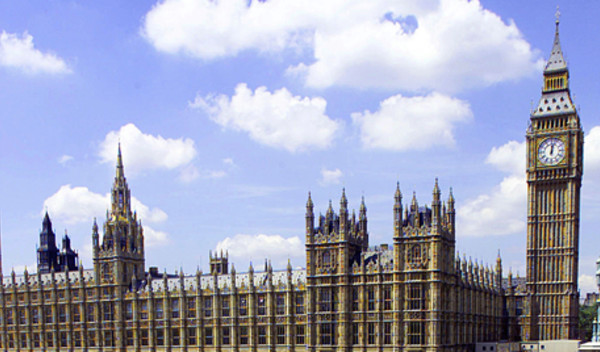

MPs have urged the government to introduce transitional arrangements for women negatively affected by the equalisation of the state pension age.
In the House of Commons this afternoon (7 January) MPs discussed a motion brought by SNP MP and work and pensions select committee member Mhairi Black, who said the policy would create “undue hardship”.
The motion was passed, with MPs agreeing more thought needs to go into the equalisation of the state pension age.
State pension age increases to equalise men and women began to take effect in 2010, but George Osborne recently accelerated the schedule.
The increase to state pension age of 65 for women was originally meant to take place between 2010 and 2020 but in 2011 this was brought forward to 2018.
Both sexes’ pension age is currently set to increase to 66 by 2020 rather than by 2026.
Speaking in the House of Commons Ms Black said: “The problem is nobody knew about this. The reality is that less than half of women knew that this would affect them as late as 2008.
“Not a single letter was sent out by the government to women. There was no official correspondence between the government and the individuals affected alerting them to the changes.
“In one case a constituent was told she had made enough contributions to recieve her full state pension at 60 only to receive a further letter three weeks later to tell her she wouldn’t get her state pension until she was 66.
“Pensions are not benefits. They are a contract and people enter into them on the basis that if you pay in X amount of National Insurance you receive Y.”
Nick Thomas-Symonds, Labour’s shadow pensions minister, said: “Most women born in the 1950s will have started their working lives without the protection of the Equal Pay Act.
“The gender pay gap is at its widest for many of the women under discussion today.
“All I say to the minister today is to open his mind to what might be done. Whatever the minister does today do not slam the door in the face of the 1950s women.”
Data from the Department for Work & Pensions (DWP) showed only 20,000 women out of more than 400,000 claimants will get the full state pension in its first year.
Shailesh Vara, a minister in the DWP, said: “For our state pension system to function effectively it has to be fair, affordable and sustainable.
“The changes made in 2011 make an important contribution to achieving these aims.
“It makes little sense for women to work to a pension age originally set in the 1940s and does not reflect the employment opportunities open to them now.
“The introduction of the new state pension will benefit many women. All those affected by the 2011 changes will reach retirement after the introduction of the new state pension.”
Mr Vara said the DWP has already shortened the amount of time women have to wait for their state pension from two years to 18 months and said the matter was debated thoroughly at the time.
Tom McPhail, head of retirement policy at Hargreaves Lansdown, said: “The DWP’s communications around the state pension changes generally have been pretty poor, if they had got that right in the first place, we might not have this problem now.”
Last month members of the Women Against State Pension Inequality (Waspi) campaign gave evidence to the work and pensions select committee, saying some women were “scared” about the prospect of their retirement because of changes to the state pension age.



